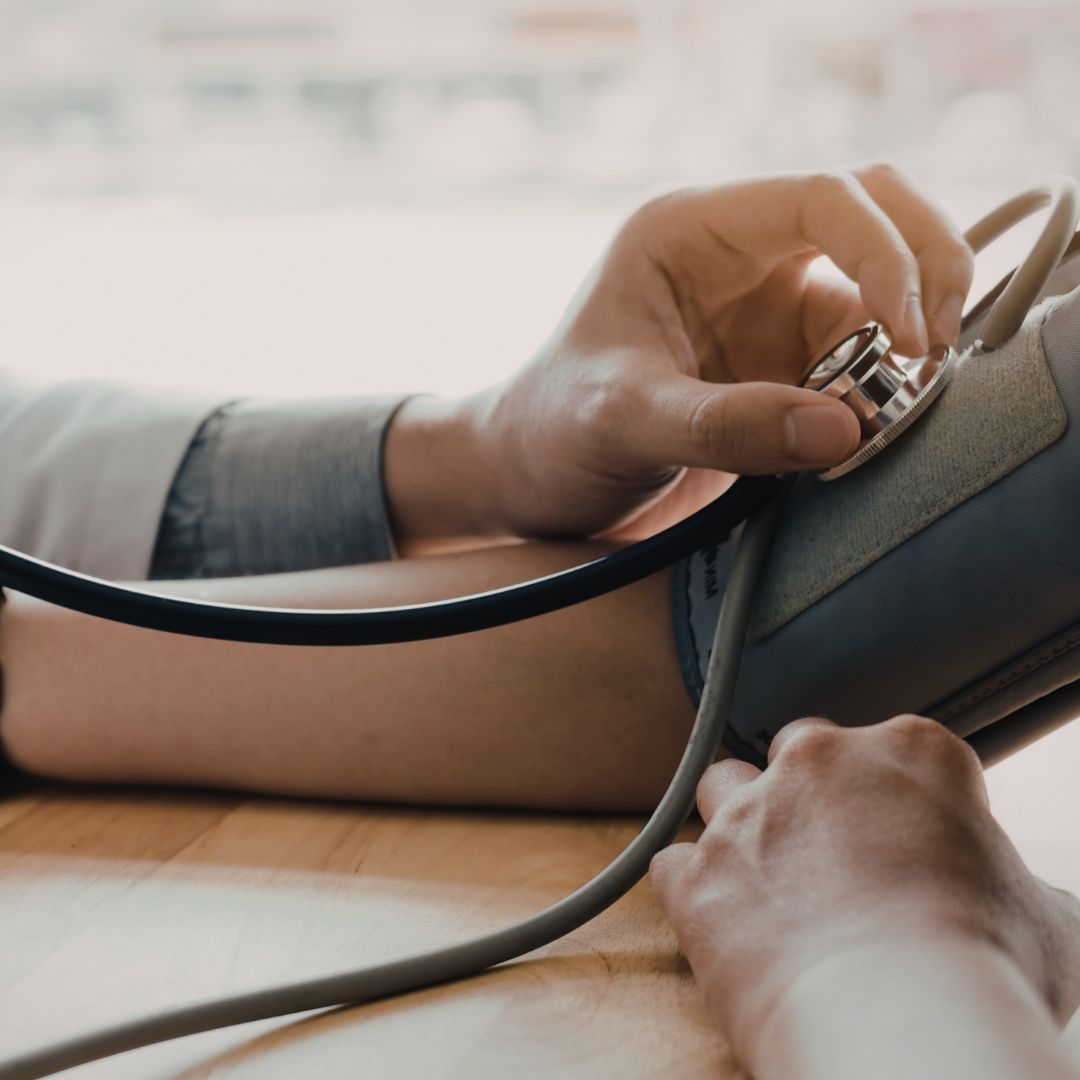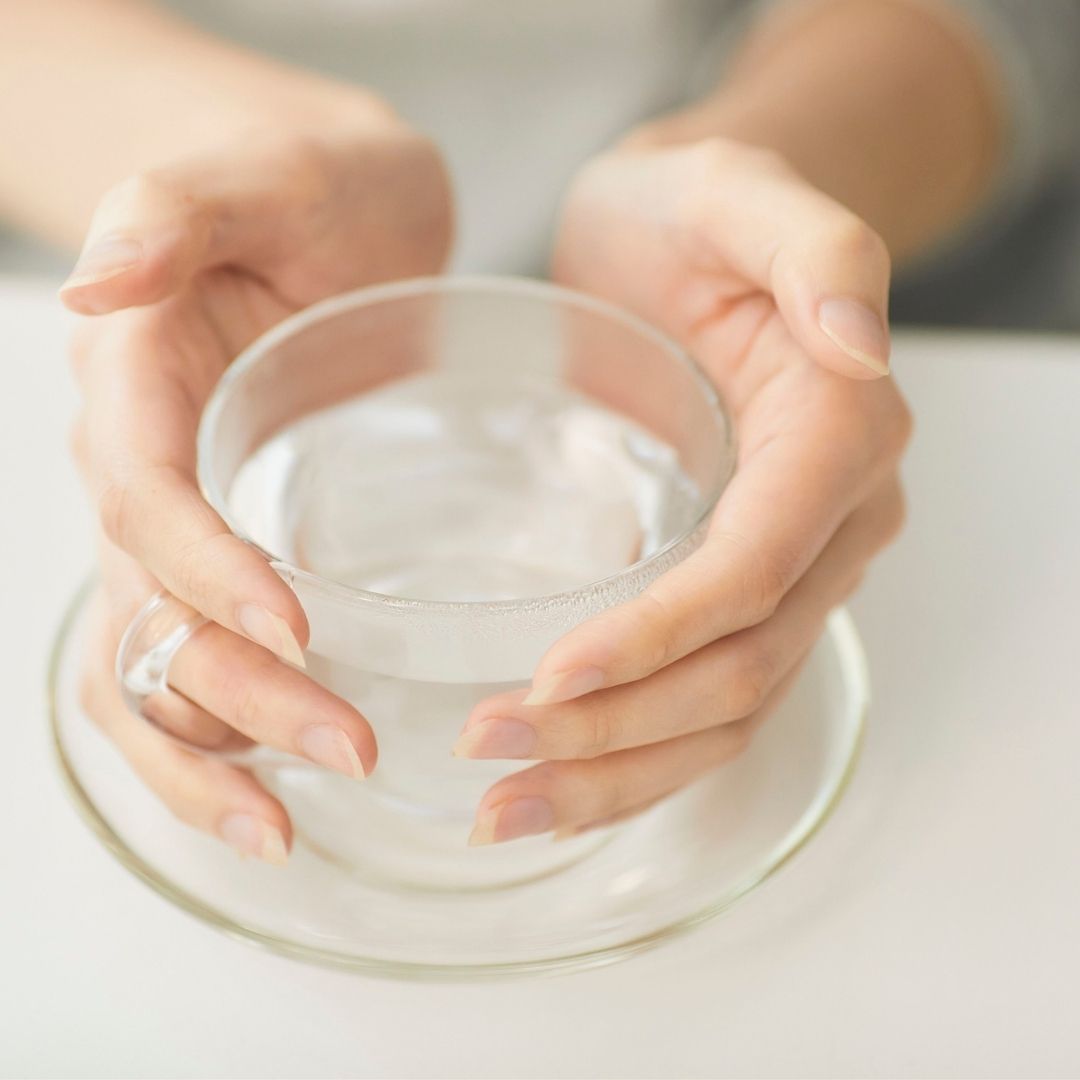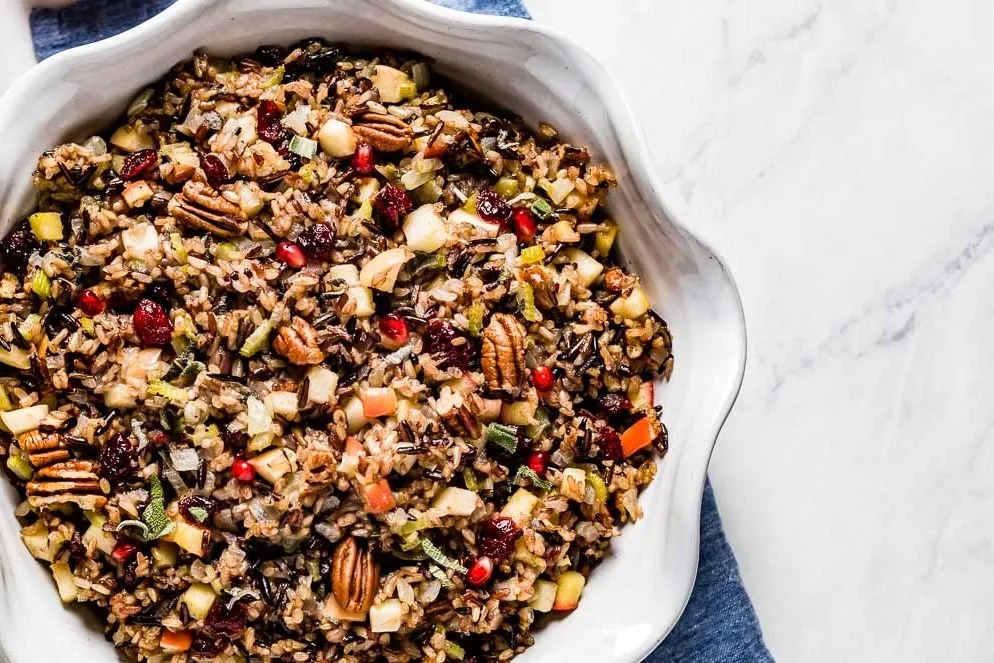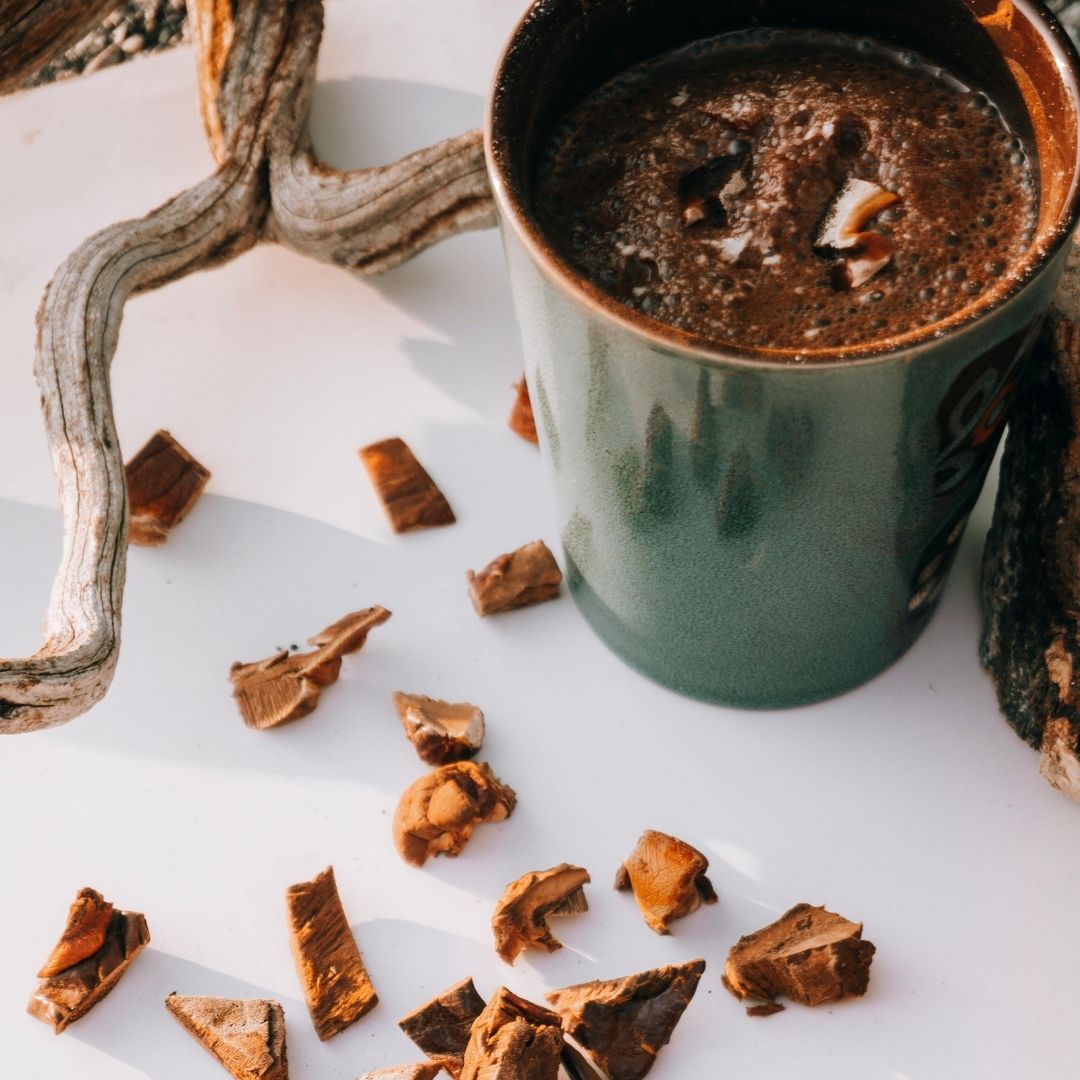Travel can be stressful. Routines dissolve, your sleep gets thrown off, and even the most basic habits - like staying hydrated or moving your body - can become more challenging. The body thrives on rhythm and predictability, so any disruption can activate a physiological stress response. And yet, this very disruption is also what makes travel such a powerful opportunity.
New environments shake us out of autopilot. From a neurological perspective, novelty increases dopamine activity and stimulates areas of the brain responsible for motivation, focus and learning. This makes it easier to form new habits because your brain is already primed for adaptation. In fact, studies in behavioural neuroscience show that being in a new place can enhance neuroplasticity - your brain’s ability to rewire itself in response to new experiences.
So, rather than seeing travel as a break from routine, we can flip the narrative: it’s a chance to build a better one. Here's how to do that with both intention and science on your side.
1. Start with a Nervous System Reset
When you arrive in a new place, especially after a period of stress, your nervous system may still be stuck in “fight or flight” mode. You may feel restless, disoriented, or wired but tired.
That’s because changes in environment can temporarily heighten sympathetic nervous system activity, increasing cortisol (your longer lasting stress hormone) and adrenaline (quick fire but short lived stress hormone) levels. What helps? Pause. Slow down. Prioritise activities that shift you into the parasympathetic (rest-and-digest) state: gentle movement, deep breathing, and grounding practices like walking barefoot or spending time in nature. Even 5–10 minutes of diaphragmatic breathing can increase vagal tone, a marker of nervous system resilience.
Download a PDF of my six stress fire-breakers here.
2. Anchor Your Days with Light and Movement
Your circadian rhythm (the internal clock that governs your sleep-wake cycle, digestion, hormone release and more) is strongly influenced by light exposure. In a new time zone or unfamiliar environment, one of the best ways to recalibrate is to get outside within 30 minutes of waking. Natural light in the morning helps stabilise cortisol rhythms and supports the production of melatonin later that evening.
Pairing this with movement (even a short walk) further boosts brain-derived neurotrophic factor (BDNF) - a protein involved in neuroplasticity, mood regulation, and cognitive function.
Take a look at my three options (depending on how long you have) to reset your morning routine here.
3. Redesign Your Routine from the Ground Up
When you're out of your usual context, your triggers and habits are no longer automatic. This is great, because it gives you a unique “blank slate” moment. Behavioural psychology refers to this as the fresh start effect, a psychological window when motivation is heightened, making us more likely to adopt and stick to new behaviours.
You don’t need to overhaul your life. And if you’re on holiday it’s actually about taking a pause from your usual routine. Enjoy that space and see how it feels to be less frantic, you might try journalling each morning, or doing a 10-minute stretch routine outside in the morning light, going for a gentle walk then having breakfast rather than racing out the door to a frantic gym session. See how those little things land and how different your body’s response is to them. Then you can take grains back with you to slot into your regular routine.
4. Choose Foods That Regulate Energy and Mood
Travel often means eating out more, and that’s absolutely fine. But the key to feeling well is supporting your glycaemic balance and neurotransmitter production through steady nutrition.
Aim to eat some form of protein every 4–6 hours to maintain blood sugar stability, which helps avoid energy crashes and mood dips. Incorporating cooked vegetables (rich in prebiotic fibre) supports your gut microbiome - closely linked to both digestion and mental wellbeing. And when you're in a place rich with local produce and traditional ingredients? Even better. A diet that’s diverse, colourful, and minimally processed naturally nourishes the body’s systems of repair.
My suggestion is always to start the day well - a nice protein rich breakfast, perhaps with the addition of a pastry or something you wouldn’t usually have at home. But pop that after the eggs/fish/bacon/sausages/yoghurt and a slow release carbohydrate like oats or toast. Enjoy a portion that feels satisfying, that could be a whole croissant or it might be half that you share with someone else. But you will have set the tone for the day. Then if you fancy an afternoon ice cream go right ahead - your blood sugar is far less reactive by mid-afternoon + your overall stress state will be lower so you won’t have an appetite distorting response as you would do if you started the day on a croissant, jam, coffee and fruit.
5. Hydrate for Resilience
Travel (especially air travel) can leave you mildly dehydrated, which negatively affects mood, cognition, and digestion. Hydration isn’t just about water; it’s also about electrolyte balance (sodium, potassium, magnesium, etc.), which helps regulate nerve function and cellular energy.
Bring electrolytes (like Oshun electrolytes) with you to add to your water in the mornings, and aim for steady hydration throughout the day - even mild dehydration can increase your perception of fatigue and stress. If you drink alcohol, make sure to buffer with extra fluids.
To Sum Up…
Travel removes us from our comfort zone - but that’s exactly what gives it the power to shift patterns that no longer serve us. It’s not about rigid structure or restriction, but about tuning into what your body truly needs in a new context.
When approached with intention, travel becomes not just an adventure, but a reset button for the body, brain, and nervous system.
If you’ve got a holiday or travel plans and have any questions or would like some expert advice, please don’t hesitate to reach out. You can book a confidential quick consult with me here for an immediate discussion, or opt for the Optimal Health package (call or email based), for personalised nutritional and lifestyle guidance over four sessions, in addition to any targeted supplements.
.jpg)
.jpg)



.png)



.jpg)
.png)



.jpg)
.jpg)
.jpg)
.jpg)
.jpg)
.jpg)
.jpg)
.jpg)
.jpg)
.jpg)
.jpg)
.png)
.png)

.png)
.jpg)

.png)
.png)
.png)
.png)
.png)


.png)
.png)






